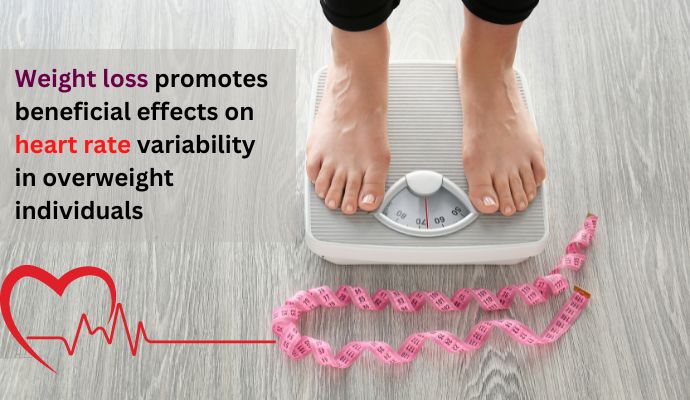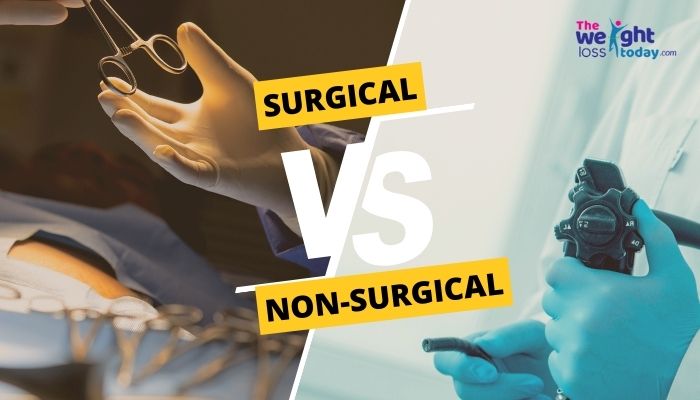
Sleep apnea and how it is associated with Obesity
Sleep apnea refers to a condition in which
58,993 total views, 116 views today
Home » Lifestyle Modifications For Weight Loss
Overweight or obesity is one among the most prevalent health problems worldwide. It is a lifestyle disorder and can be corrected mostly by lifestyle changes. Losing weight and maintaining a healthy body weight requires long-term commitment. Unfortunately, there is no ‘quick fix’ solution that is effective for overweight or obese individuals; you must work towards changing your lifestyle. Lifestyle modification involves altering long-term habits, typically eating habits or physical activity, and maintaining the new behavior lifelong. However, for extremely obese people (BMI ≥ 40 or with a BMI ≥ 35 plus comorbid conditions) lifestyle changes alone may not lead to sufficient weight loss. In such cases, weight loss medications or bariatric surgery may be recommended to further aid weight loss.
A healthy diet helps to lose excess weight and reduce the risks due to obesity. Weight loss occurs only when energy expenditure is more than our calorie intake. A variety of diets have been proposed to treat obesity. Though many of such diets have proven successful, some diets fail to achieve long term outcomes. The optimal weight loss diet should focus on substituting unhealthy foods that are high in calories and low in nutrients, with the healthy ones.
Healthy choices may include a variety of foods, such as vegetables, fruits, low-fat dairy products, lean meats, protein rich foods, and whole grains. The diet should also emphasize on limiting or avoiding foods that are high in calories and low in nutrients like refined carbohydrates, processed meats, and foods high in sodium and trans-fat, and highly processed or fried foods.
Diet tips for healthy weight loss:
Engaging is some form of exercise is as important as cutting calories for weight loss. Regular exercise also improves obesity-related health conditions like diabetes, high blood pressure, and high cholesterol.
Physical activities promote weight loss by:
It is recommended to gradually increase the amount of exercise day by day so that you can build your strength and endurance over time. You can start with low-impact exercises like walking, cycling, dancing or yoga that burn calories without putting much stress on your body. Overtime, you can switch to vigorous exercises like swimming laps, aerobics, jumping ropes, running, playing sports like football, basketball, etc.
Tips to include any physical activity from in your daily routine:

Sleep apnea refers to a condition in which
58,993 total views, 116 views today

Since the beginning of 20th century, the overall
58,969 total views, 115 views today

New year is the time for new beginnings.
59,669 total views, 115 views today

Weight loss can be tricky business, as it
59,540 total views, 115 views today

According to a recent study, weight loss through
60,439 total views, 115 views today

According to a recent study, preoperative very low
60,440 total views, 115 views today

A recent study conducted on GERD (Gastroesophageal Reflux
60,445 total views, 116 views today

A recent study done to examine the long-term
59,323 total views, 112 views today

Overweight and obesity is a major health concern
29,592 total views, 80 views today

A recent study published in the Journal of
28,781 total views, 79 views today

The findings from a recent study, published in
29,022 total views, 79 views today

The findings of a recent study, published in
29,423 total views, 80 views today